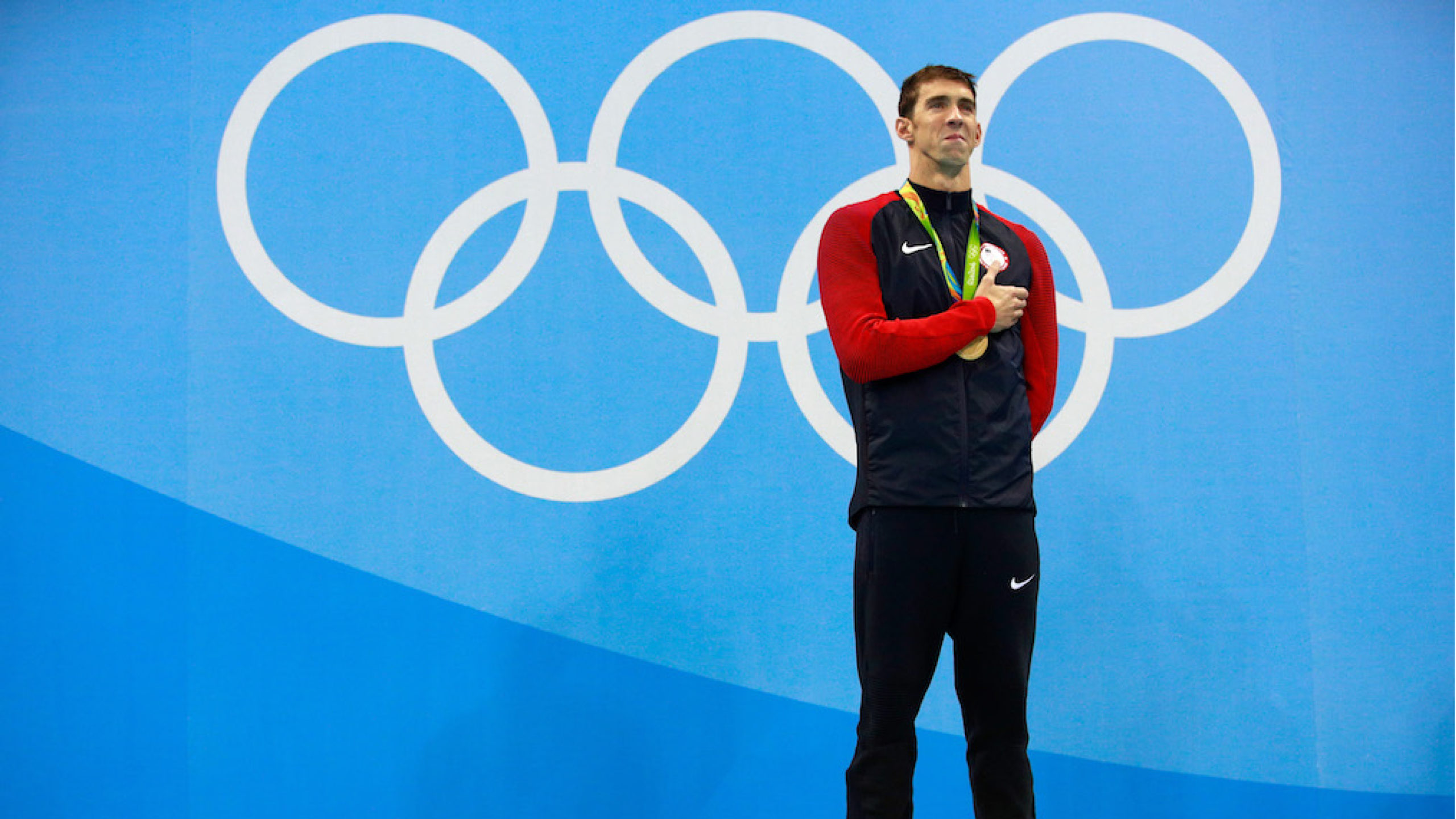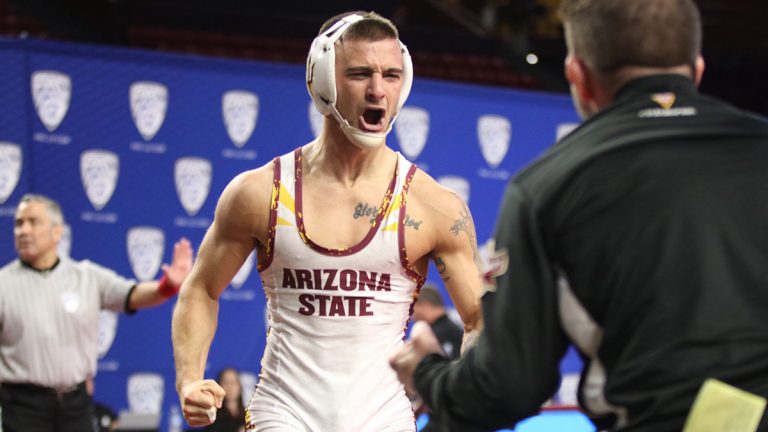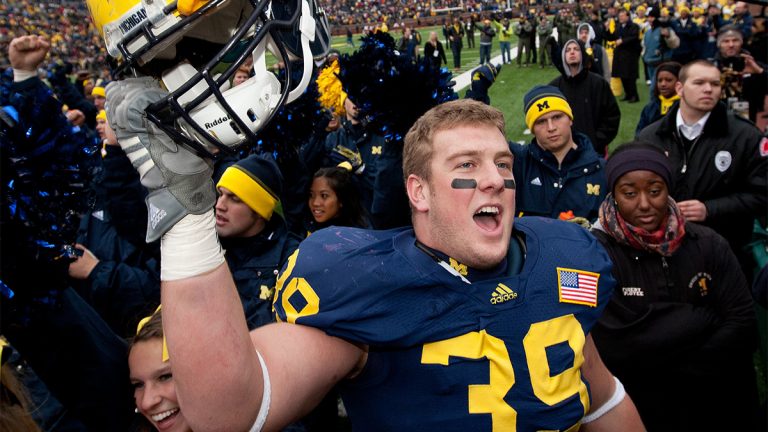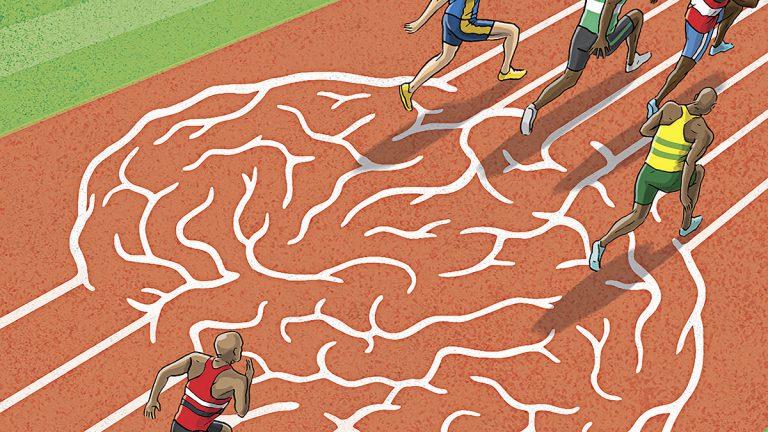The Huddle: The Weight of Gold
Why this matters
Brett Rapkin is the CEO of Podium Pictures and the director of the upcoming documentary, The Weight of Gold. The film provides insight into the lives of Olympic athletes and their struggles with mental health. It will premiere on HBO on July 29th.
Last Friday was supposed to be the first day of the Tokyo Olympics. Due to the COVID-19 pandemic, the games have been rescheduled for next summer.
This is disappointing for the millions of people who watch the Olympics and celebrate the successes of athletes from all over the world.
For Olympians, it is devastating.
Olympic athletes are unlike any other. They endure merciless routines and make incredible sacrifices to optimize their chances of standing on a podium with a gold medal in hand. Sometimes these sacrifices include their mental health.
The Weight of Gold, directed by Brett Rapkin and produced by his company Podium Pictures, is an upcoming sports documentary that follows Olympians’ mental health journeys.
Brett Rapkin was inspired to create this film from his own experiences as a baseball player as well as his travels with Bode Miller and the United States Ski Team.
He says, “The film serves as - hopefully - a very inside look of this experience through the eyes of some of the greatest Olympians of our time and also a call to action to get these Olympic athletes better resources.”
The stigma surrounding mental health is a problem for Olympians and the general population. Misconceptions about mental health prevents necessary conversations, hinders individuals’ abilities to seek care, and contributes to inaccessible or inadequate mental health services.
“There’s no doubt the issue is incredibly current,” Rapkin says. “It’s incredibly underserved in terms of people getting help, but it can be improved. If there’s one thing that is for sure, it’s that for people who are struggling with mental health challenges, [progress] starts with having a conversation and getting some help.”
Sports offer a starting point for these conversations. Athletes like Michael Phelps (who narrates the film), Kevin Love, Gracie Gold, and Serena Williams have used their platforms to share their experiences and advance discussions about mental health. When these individuals tell their stories and provide resources, others identify with them and become empowered to take proactive steps towards seeking help.
The power of vulnerability and participation was apparent in the making of the documentary itself. Rapkin says, “There was a snowball effect as we got more and more high profile athletes to participate in the film. It gave some others the confidence to participate.”
He says that too often these stories go untold in sports documentaries. However, these stories need to be heard especially as the stresses of the COVID-19 pandemic exacerbate mental health issues.
Olympic athletes are certainly not exempt from these stressors. Their meticulous routines and schedules have been disrupted by the cancellation of the Olympics and changes in practice structures.
Rapkin doubts isolation has been of any help to these athletes. He points to a decrease in sports funding, shifts in peak training schedules, inability to train with others due to social distancing, and the realization that the 2021 Olympic Games are not guaranteed.
“All the issues the film addresses have seemingly gotten more challenging,” Rapkin says. “It’s highly concerning.”
Right now, everyone is facing unforeseen challenges. The pandemic has necessitated a reimagining of how we interact, travel, and compete. There is a level of global mourning as it seems that things may never really be the same.
It can be an incredibly hard time for those that live alone. It is difficult for those that have experienced significant changes or losses. It is devastating for those who we were already struggling with their mental or physical health. However, Rapkin hopes that The Weight of Gold offers solutions to viewers.
Rapkin urges, “Get help. Talk to somebody. Reach out. You don’t have to do it yourself.”
“Let's start with trying to get rid of the stigma,” he says. “You don't need to be an athlete to know that if you had a broken arm you would go get it treated without any hesitation. You wouldn't hesitate to go to the emergency room and take care of it. We need to start thinking about mental health and our brains the same way.”
The Weight of Gold will be available on HBO on July 29th.
If you or a loved one are in need of mental health assistance, please contact the following resources:
National Suicide Prevention Lifeline (1-800-273-8255)
SAMHSA National Helpline (1-800-662-4357)
Crisis Text Line (Text HOME to 741741)
National Institute for Mental Health
Listen and subscribe to the Global Sport Matters podcast:





